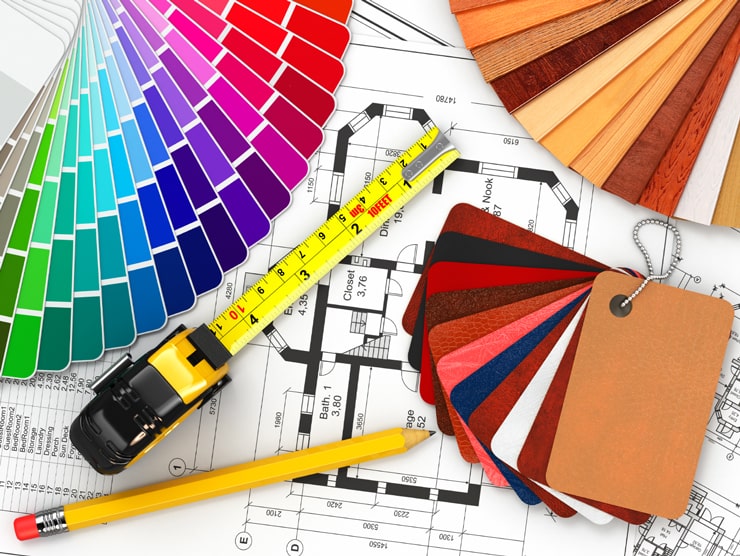If you’re looking for a career How to Become an interior design, there are several different paths you can take. The first step to becoming an interior designer is to complete an education in interior design. Then, you can start to gain experience in the field by gaining some relevant job experience. This article will also cover some of the skills you will need to succeed in this field.
Career paths for interior designers
Interior designers have many career paths. They may work for themselves or establish design firms. There are no formal requirements for becoming an interior designer, but earning a professional license and a certification may increase your potential. Some design jobs require a formal design degree, while others don’t. Regardless of your path, you’ll need to have creative and business skills to be successful.
Many interior designers specialize in a particular type of space. Some specialize in corporate environments, while others focus on residential settings, kitchens, bathrooms, or other spaces. They also may specialize in color schemes and fabrics, or safety codes. Others choose to become interior decorators and take a less technical route.
A career as an interior designer can be lucrative. Some states offer high salaries and lots of work, while others have more specialized markets. For example, California, New York, Minnesota, and Arizona offer large numbers of jobs. Some states also have extensive continuing education programs. Additionally, if you want to get ahead in the field, you can join professional associations and enjoy conferences, educational resources, and other perks.
If you have a passion for interior design, you can become self-employed or work for an architectural or engineering firm. Either way, you can choose your own hours. If you’re self-employed, you’ll have a more flexible schedule, but you’ll also have to find clients and network for work.
Education required to become an interior designer
There are a variety of education requirements to become an interior designer. Many of them involve taking technical classes in construction documents, drafting, visual concepts, and architecture. In addition to this, they need to be proficient with computer-aided design software. This software allows them to easily flesh out their ideas in 2D and 3D models. Some of these programs even have augmented reality tools that let them edit uploaded images. Some interior designers may also need a basic knowledge of workflow software. Other education requirements for this career include a grasp of legalities and presentation techniques.
Getting a bachelor’s degree in interior design will give you more knowledge in the field. These programs build on your associate’s degree and include courses in drafting, space planning, and 3D imaging. Some programs also offer professional certificates. These degrees can lead to entry-level positions with design firms. Some programs also focus on the history of interior design and examine the theories and practices of leading designers.
After you’ve completed your studies and gained some experience, you can take the NCIDQ exam to become a registered interior designer. This certification is a valuable asset as it proves you’re serious about the job. If you’re successful, you can find work with established firms or start your own small business.
Skills needed to succeed as an interior designer
Interior designers need to have excellent communication and problem-solving skills, as they often work closely with clients, contractors, and other service providers. They also need to be good team players. Interior designers are expected to have a strong sense of proportion and visual awareness. There are many different kinds of interior design, and there are many different skills needed to be successful in this field.
Creativity is important, as is being open to trying new things. Bringing inspiration from work experiences or other fields into the design process can make the process more innovative. The skills listed above may seem familiar to you, but the best interior designers are always learning and growing. They must also have a genuine desire to be successful.
Organizational skills are crucial for a successful career as an interior designer. A designer must be meticulous in paying attention to small details. They must be able to coordinate different contractors and suppliers. They must also be good at keeping their records and responding to emails and phone calls. In addition to these skills, designers must be able to handle client requests.
Critical thinking and problem-solving skills are vital for interior designers. Keeping tabs on deadlines and budgets is essential, as there will be times when you are working on several projects at once. Failure to meet deadlines can cost you business. A designer must be able to work well with many different people.
